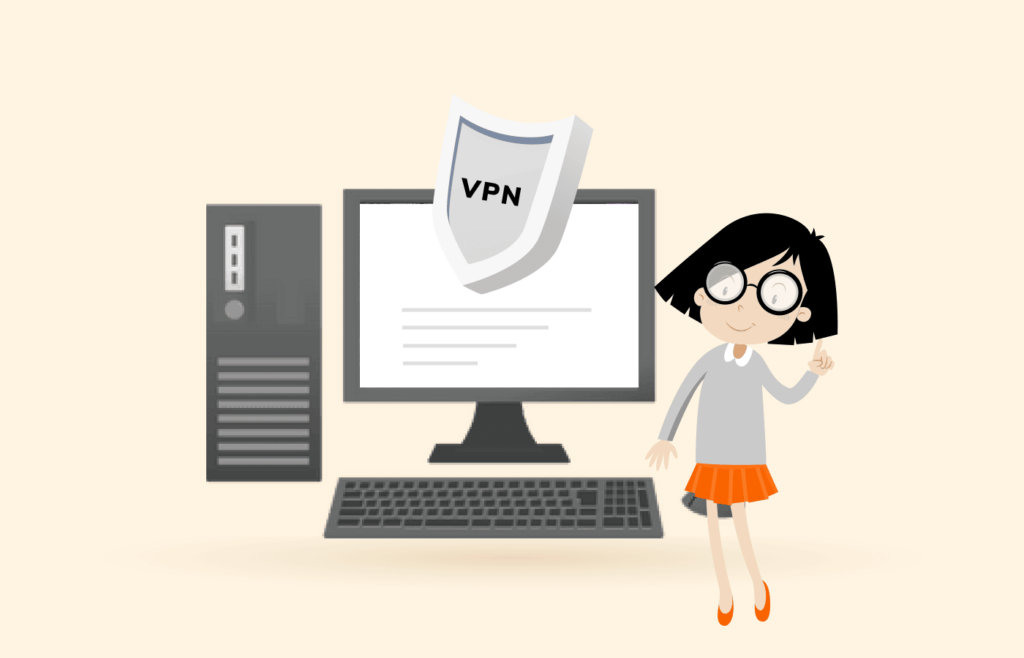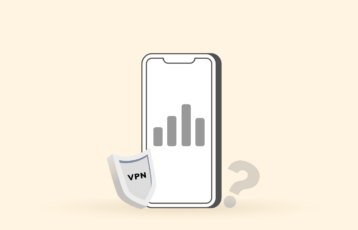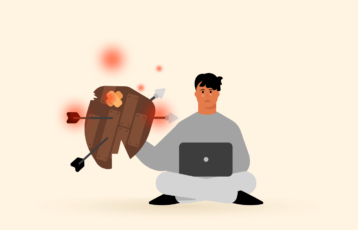Parents worried about what their kids watch on the internet were born at the very minute the internet slipped out of the academic world and became available at home. Unlike cable TV and other technologies that deliver content to users, browsing the web and downloading videos or books is not as easily noticed by parents.
If you are the concerned parent, don’t worry; we won’t give the secret away. But, on the other hand, if you’re a precocious kid, keep reading anyway; you may just learn something useful.
Types of parental control
- Blocked websites.
- Using filters from the most used services (YouTube, Google) to filter out inappropriate content.
- Keyloggers. Keeping track of every pressed key for future review.
- Scheduling. Have control over the time of the day and the length of the internet sessions a user has.
- Preventing third-party apps in a given device.
- Tracking social media, email traffic, and other communication tools.
- Geofencing. This means tracking a child using GPS.
So yes, some tools are available for parents, and no, they are not that clear-cut, easy to use, or overly automatic. The good news is that they cover a wide range of options, and some of the available software options can do more than one of the tasks listed above. The bad news is that if a parent is going to be effective, he has to be willing to use at least a few of those tasks simultaneously, which takes a bit of time, attention, and work. So no, it’s not something you can leave to the nanny.
Now that we know what parental controls are available in the market, we can move on to explore our fundamental question. Can a VPN render any of those measures void?
Read also: Best antivirus software with parental controls today.
VPN negate parental controls

We start by considering what a VPN does for you, which could be especially useful if you’re not already one of its users.
VPNs encrypt your internet traffic. This renders everything you do on the internet unreadable to any external observer (ISP, hackers, governments, etc.). They also mask your IP address so that the other nodes on the internet with which you interact can’t tell where your traffic is coming from. Some VPNs even use their own DNS servers so that your ISP can’t use your most innocuous browser traffic and turn it into a readable IP address.
So now we delve into the thick of it. This is how VPNs could just ignore some parental controls.
Avoid content filters
The filters in question often use a different DNS provider that blocks DNS requests deemed unsafe. Their main goal is to avoid malware and phishing sites to avoid unwanted attacks. Websites that include mature material, such as drugs, alcohol, gambling, pornography, etc., are also on these DNS’s blacklist.
A VPN will almost surely use a DNS of its own. It won’t use the DNS that filters out sites that prevent malware and adult material access. This applies to almost every commercial VPN. On the other hand, free VPNs could or could not behave like this. But You should never use Free VPNs for reasons beyond this article’s scope.
Go around the firewall’s rules
VPNs will usually ignore any firewalls unless configured to block VPN connections specifically. However, it takes an outstanding network manager to do that without rendering most of the network useless, so it’s not a standard option. Also, if the VPN in question is a decent, commercial one, the chances are that it has plenty of servers everywhere in the globe. Blocking every IP is, in that case, impossible unless you have all the information you need.
Netflix and similar companies rely on the services of VPN IP aggregators (Maxmind, IP2Location) to block them. But that can’t guarantee that many users will evade those precautions.
Another option is blocking ports. VPNs like the 443 port, which is common in most secure websites.
Effectively hide browsing habits
Some ISPs offer detailed reports of what users do online. So, a parent can find out a kid’s browsing history and other online activities (games, messaging apps, and so on).
If you wonder what good that can do if all of the traffic is encrypted, you’re asking the right question. The answer is simply nothing. Even your ISP can’t know what a user is doing while they’re doing it with a VPN’s help.
VPN activities that are compatible with parental controls
All is not lost, though. VPNs are powerless against keyloggers, social media and email logging (performed locally, not by the ISP), user-based time tracking, or device-based, app-based, or service-based parental controls (YouTube has supervised accounts, as do Apple Screen Time, Paramount+, Disney+, and other content providers).
Geo-fencing is almost immune to VPNs as well. VPNs can hide geophysical data related to your IP, but the GPS location data used in geo-fencing reports a point in space, plain and simple. As we write this, only Surfshark is capable of altering GPS data. But even in that case, a violent change in your reported GPS position (suddenly, you’re supposed to be on another continent, for instance) will set off the bells in geofencing apps. So, parents are pretty safe in this regard.
Last but not least, VPNs can’t do anything about parental controls that prevent third-party apps. So, what is the significant advantage here? If a user can’t install a VPN, he can’t use it.



